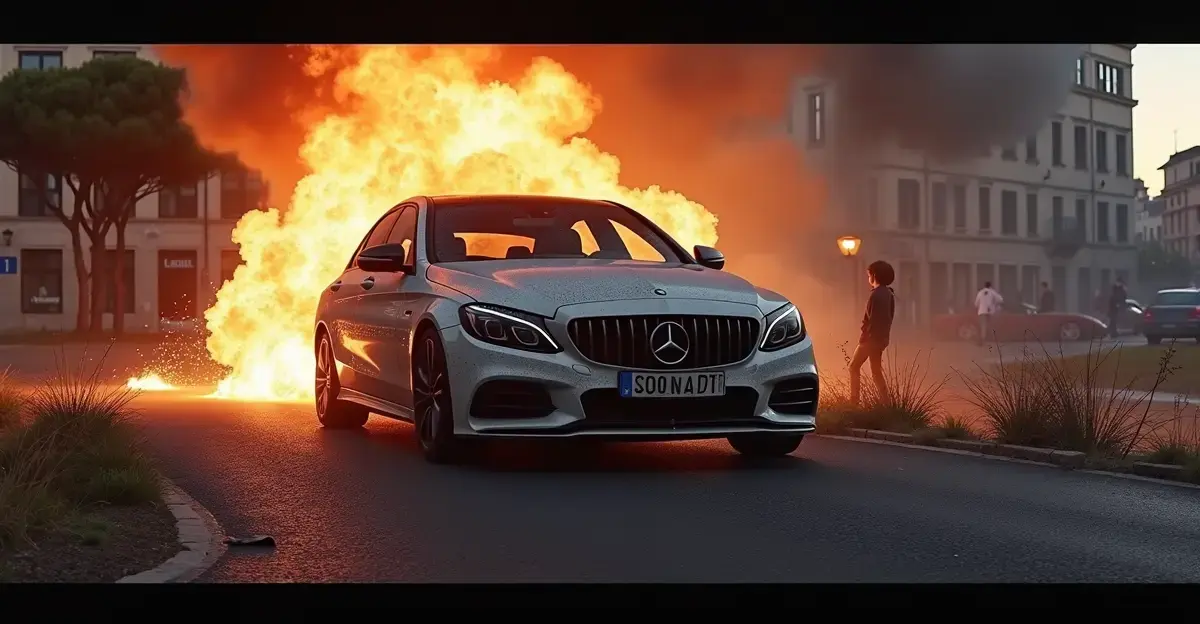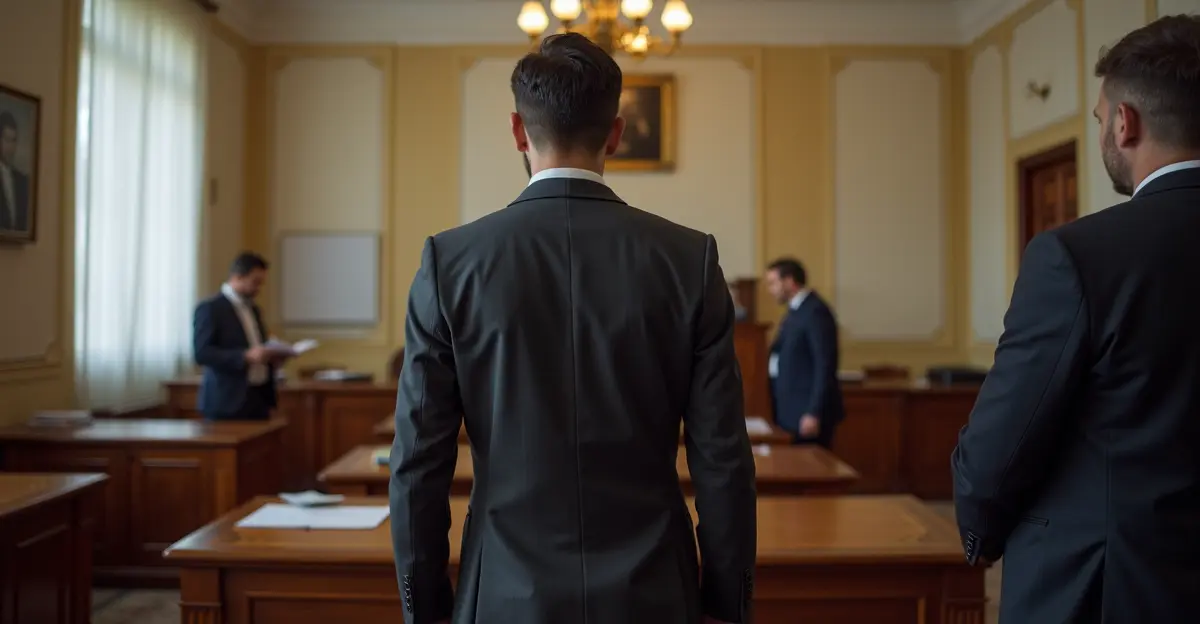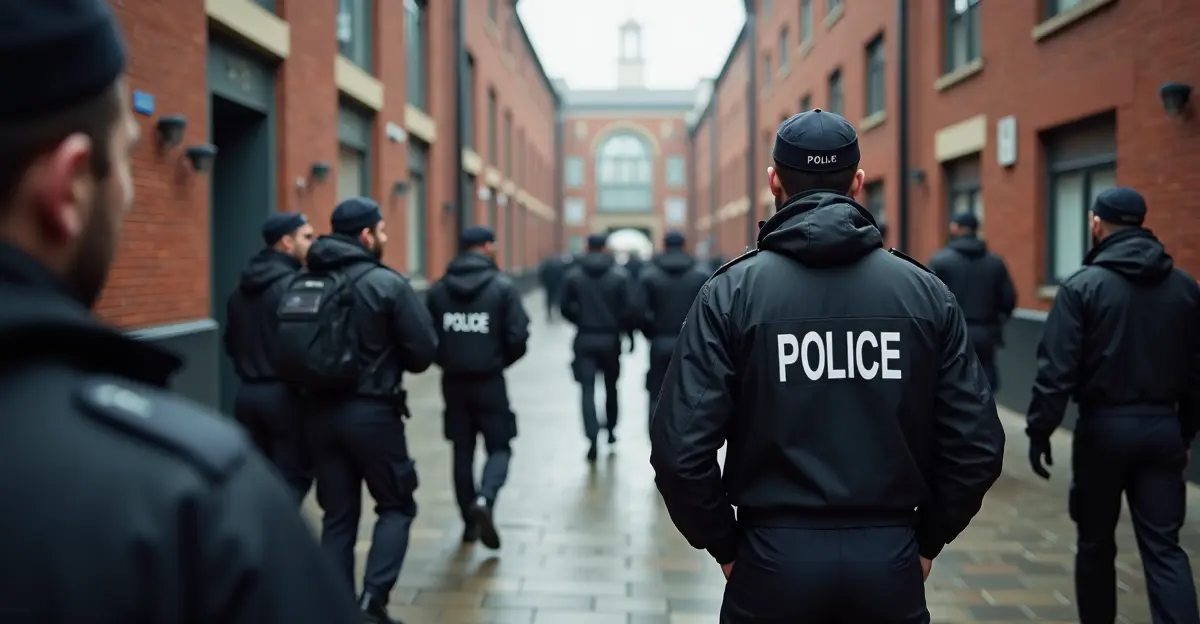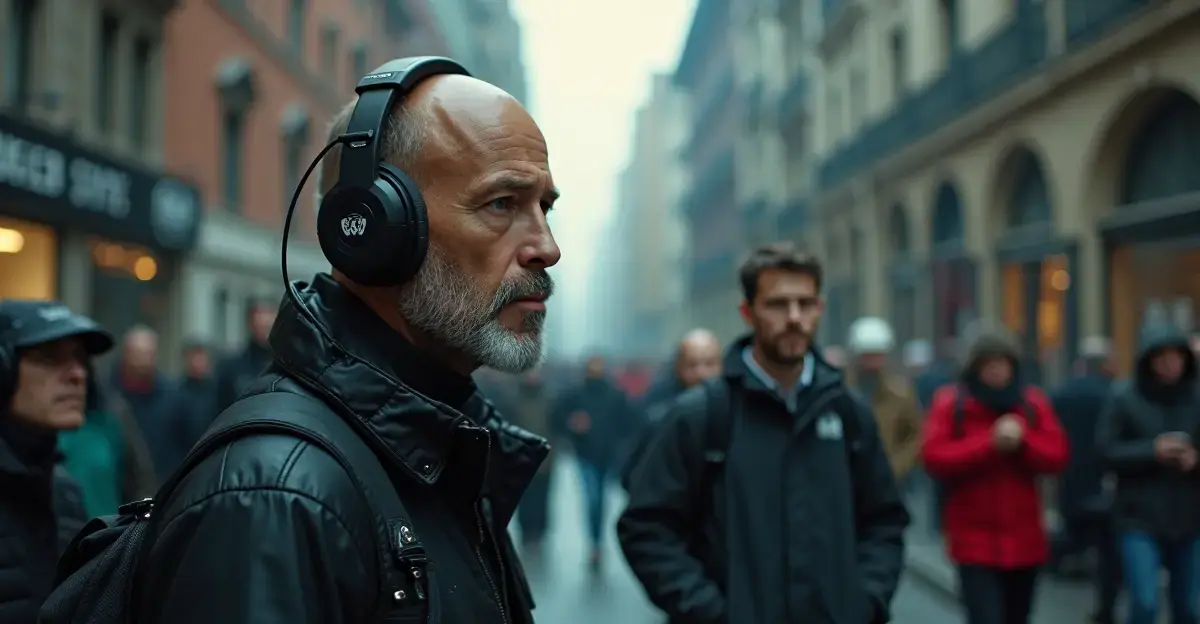Four members of Peru's famous cumbia band Agua Marina were shot during a concert in Lima, with lead singer critically injured. The attack is linked to extortion by criminal gangs targeting musicians.
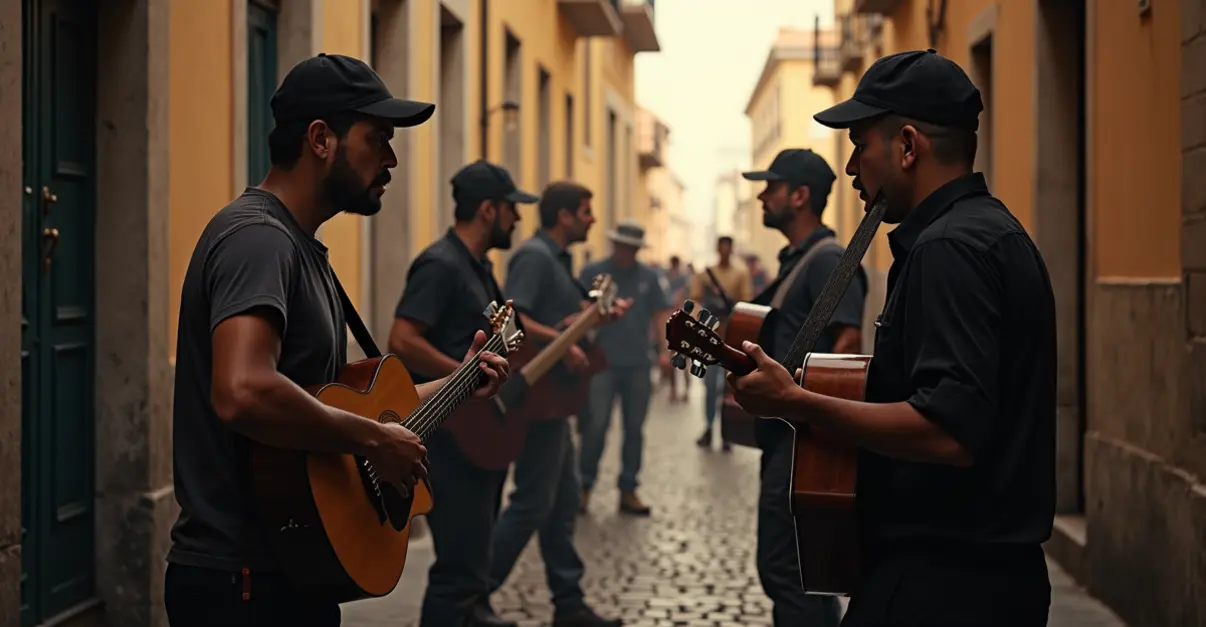
Violent Attack on Popular Cumbia Band
Four members of the legendary Peruvian cumbia band Agua Marina were shot during a live performance in Lima on Wednesday night, in what authorities believe is the latest attack by criminal gangs targeting musicians for extortion. The shooting occurred around 10 PM at an outdoor venue in the Chorrillos district, where the band was performing for approximately 2,000 fans.
According to eyewitness accounts and security footage, two gunmen on a motorcycle approached from behind the stage and fired 20-30 rounds through the thin fabric backdrop. 'We heard the shots and saw the musicians running for their lives,' said concertgoer Maria Fernandez, who was attending with her family. 'People were screaming and dropping to the ground. It was complete chaos.'
Victims and Aftermath
The attack left four band members wounded, including lead singer Wilson Ruiz who sustained critical injuries with multiple gunshot wounds. Drummer César Augusto More Nizama and founding brothers Luis and Manuel Quiroga Querevalú also suffered injuries, along with a beverage vendor working at the event. Police commander Felipe Monroy confirmed that authorities found 23 bullet impacts on the stage screen and at least 25 spent shell casings at the scene.
'The condition of lead singer Wilson Ruiz remains critical, but the other victims are stable,' reported Dr. Carlos Mendoza from the local hospital treating the injured. 'We're doing everything possible to ensure their recovery.'
Extortion Crisis in Peru's Music Industry
The attack appears to be part of a broader pattern of criminal extortion targeting Peruvian musicians. According to the Peruvian Artists Union, nearly all music industry professionals currently face extortion threats from organized crime groups. 'This is not an isolated incident,' stated union representative Javier Torres. 'Criminal organizations have systematically targeted cumbia bands and other performers, demanding protection money in exchange for being allowed to perform without incident.'
The situation has escalated dramatically in recent months. In March 2025, popular singer Paul Flores was murdered after a concert in a similar attack, prompting the Peruvian government to declare a state of emergency in Lima. According to Al Jazeera, Peru recorded 1,909 extortion cases in January 2025 alone, highlighting the scale of the criminal epidemic.
The 'El Monstruo' Connection
Recent investigations have linked the extortion threats against Agua Marina to Erick Moreno Hernández, alias 'El Monstruo' (The Monster), who has become Peru's most wanted criminal. As reported by InSight Crime, El Monstruo leads the criminal network 'Los Injertos del Cono Norte' and has established a $277,000 bounty on his head.
The band's manager had previously revealed that Agua Marina had been receiving extortion demands since last year. In an audio recording obtained by authorities, a voice identified as El Monstruo threatened the group and demanded money to ensure they could perform 'without inconveniences.'
Security Failures and Government Response
Authorities quickly noted that the concert lacked proper security permits, which would have mandated enhanced safety measures. 'If the event had the correct authorization, security protocols would have been enforced,' stated Lima police spokesperson Ana Castillo. However, the event organizer maintains they did obtain municipal permission for the performance.
The Peruvian Ministry of the Interior has condemned the attack as an 'act of violence' and launched a large-scale operation to apprehend the perpetrators. The incident has reignited debates about public safety and the government's ability to protect citizens from organized crime.
As Peru grapples with this latest tragedy, the music community remains on edge. 'We're living in fear,' confessed another cumbia musician who requested anonymity. 'The criminals have made it clear that no one is safe unless they pay.' The attack on Agua Marina represents not just an assault on individual artists, but a direct challenge to Peru's cultural expression and the fundamental right to perform music without fear of violence.

 Nederlands
Nederlands
 English
English
 Deutsch
Deutsch
 Français
Français
 Español
Español
 Português
Português




